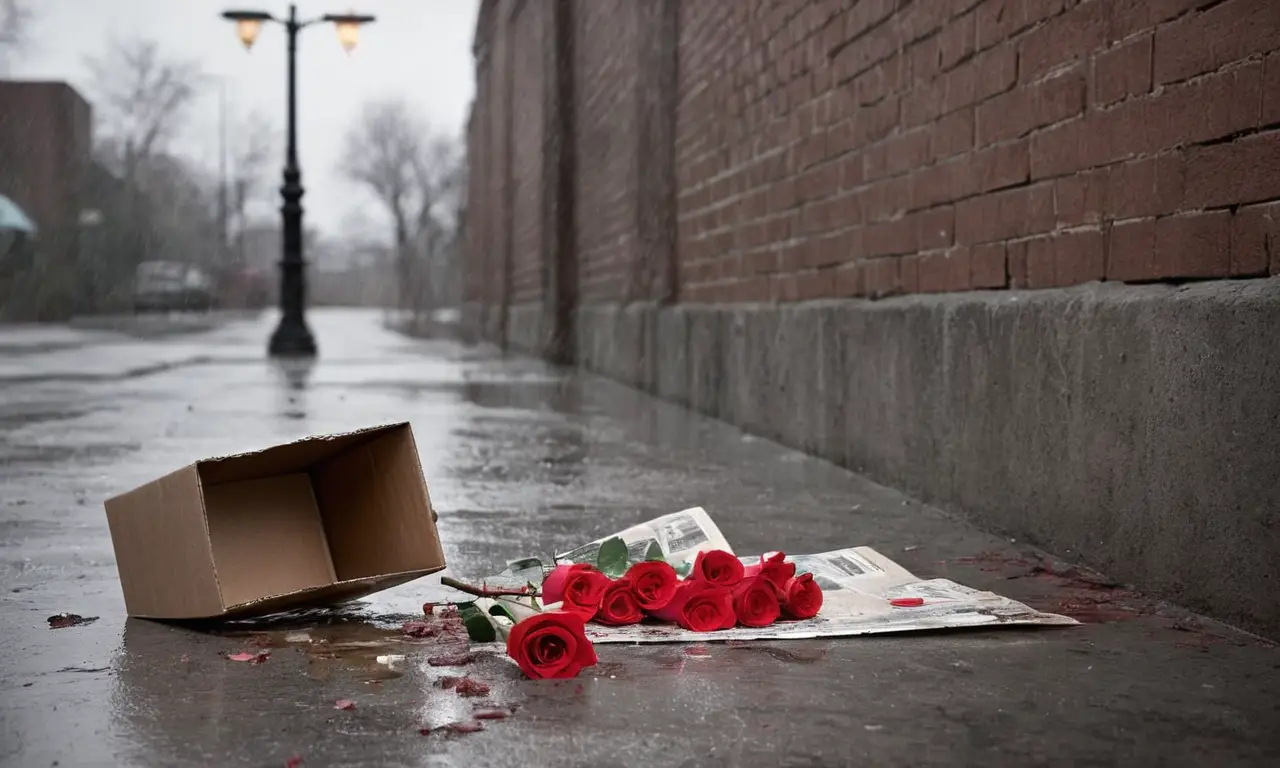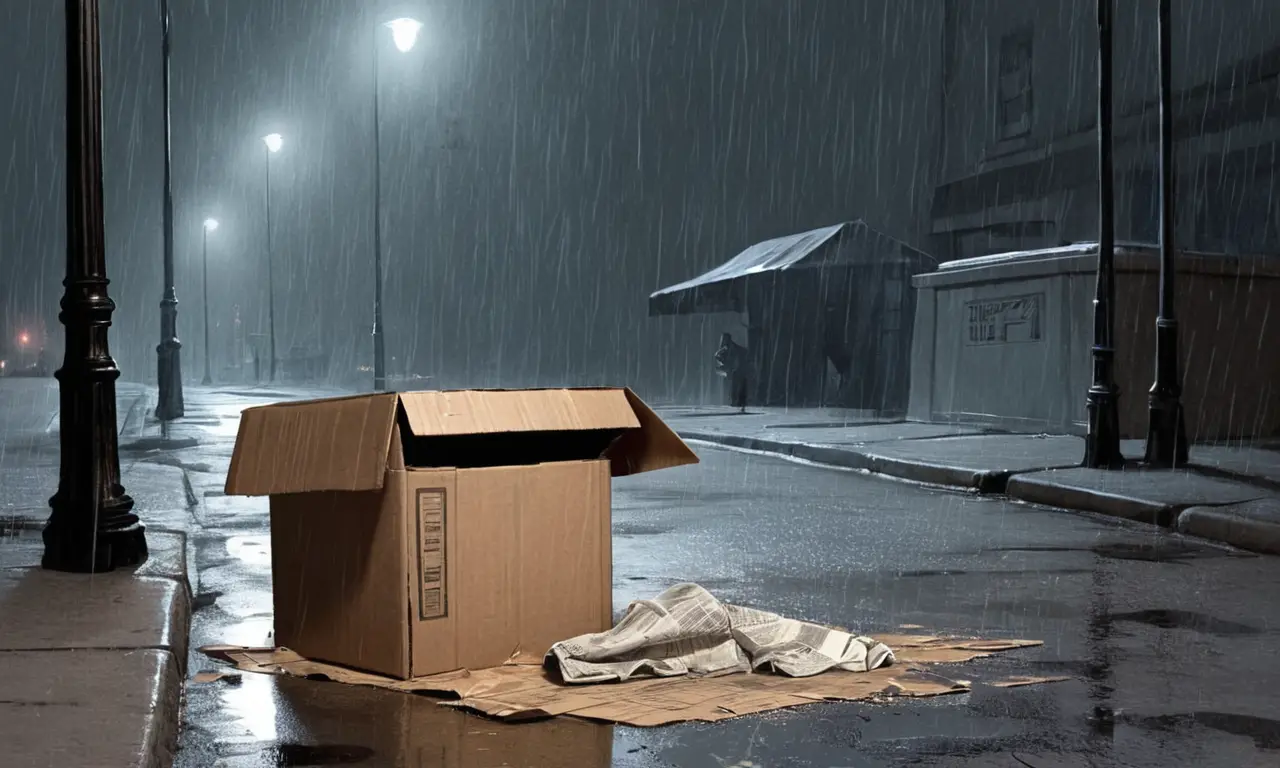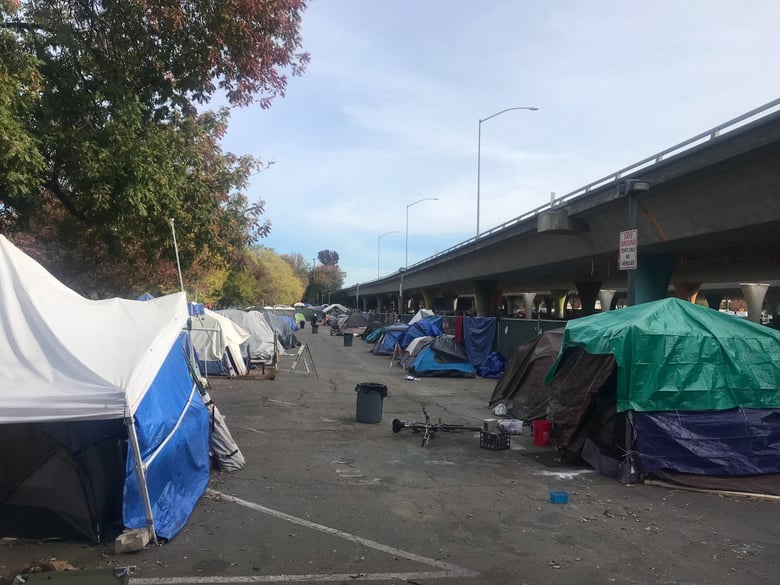The death of any individual is a significant event, marking the end of a life and leaving behind loved ones to grieve. However, when what happens to homeless people when they die goes unnoticed by mainstream society, it raises serious questions about our collective responsibility towards vulnerable members of our communities. Homeless individuals often face numerous challenges in their lives, and even in death, they are frequently overlooked and forgotten. This article aims to shed light on the realities surrounding what happens when a homeless person dies, exploring the complexities of identification, notification, memorialization, and the broader societal implications.
This article will delve into the various factors contributing to the lack of recognition surrounding homeless deaths, examining the challenges faced by authorities in identifying deceased individuals and notifying next of kin. We will also discuss the absence of obituaries and traditional memorial services for homeless people, highlighting the profound impact this has on their memory and the perception of their lives. Finally, we will explore the societal challenges faced by the homeless population and emphasize the urgent need for increased support and awareness to ensure that no life is left unacknowledged and forgotten.
Homeless Deaths Unnoticed
The death of a homeless person often goes unnoticed by the general public. They may be found in shelters, on streets, or in parks, their passing easily overlooked amidst the hustle and bustle of daily life. Without a fixed address or readily available family contacts, authorities may struggle to identify the deceased and determine next of kin. This lack of information can lead to delays in notifying loved ones, if any exist, and further complicates the process of arranging for burial or cremation.
The anonymity surrounding homeless deaths often stems from the transient nature of their lives. They may move frequently, making it difficult to establish a consistent record of their whereabouts. Additionally, many homeless individuals choose to live isolated lives, lacking strong social connections that could provide information about their identities and backgrounds. This isolation can exacerbate the challenges faced by authorities in identifying and notifying next of kin, leaving deceased individuals unclaimed and forgotten.
Lack of Identification & Notification

Identifying a deceased homeless person can be a complex and challenging task. Without proper identification documents, authorities may rely on physical characteristics, clothing, or personal belongings to establish their identity. However, these methods are often unreliable, particularly if the individual was living in poverty and lacked access to basic necessities like clothing or personal effects.
Notifying next of kin can also prove difficult when a homeless person lacks a fixed address or known family members. Authorities may attempt to locate relatives through social media, public records, or shelters where the deceased may have previously resided. However, these efforts are often unsuccessful, leaving the deceased unclaimed and buried in unmarked graves or cremated without ceremony.
Absence of Obituaries & Memorialization
Obituaries serve as a vital means of commemorating the lives of those who have passed away, providing a public record of their accomplishments, relationships, and legacies. However, do homeless people get obituaries? The answer is often no. Due to the lack of readily available information about their identities and families, obituaries for homeless individuals are rarely published in mainstream newspapers or online platforms.
This absence of memorialization further contributes to the invisibility of homeless deaths. Without a public record of their passing, it becomes easier for society to ignore their existence and the challenges they faced during their lives. The lack of obituaries also prevents loved ones, if any exist, from publicly mourning their loss and sharing memories of the deceased.
Societal Challenges Faced by the Homeless

The circumstances surrounding what happens when homeless people die highlight the broader societal challenges faced by this vulnerable population. Homelessness is often a result of complex issues such as poverty, mental illness, addiction, and domestic violence. These underlying factors contribute to the marginalization and isolation experienced by homeless individuals, making it even more difficult for them to access essential services like healthcare, housing, and social support.
The lack of recognition surrounding their deaths underscores the need for increased awareness and compassion towards the homeless population. It is crucial to remember that each individual experiencing homelessness has a unique story, hopes, dreams, and deserves to be treated with dignity and respect, even in death.
Need for Increased Support & Awareness
Addressing the issue of what happens when homeless people die requires a multifaceted approach that prioritizes both immediate support and long-term solutions. Authorities need to implement more effective systems for identifying deceased individuals and notifying next of kin, ensuring that no life is left unacknowledged.
Furthermore, increased funding and resources are needed to provide comprehensive services for the homeless population, including access to healthcare, mental health support, addiction treatment, and affordable housing. Raising public awareness about the challenges faced by homeless individuals can help foster a more compassionate and supportive society, where everyone feels valued and respected.
Conclusion
The deaths of homeless individuals often go unnoticed and unmemorialized, highlighting the profound societal challenges they face. Without proper identification, notification, or memorialization, their lives are easily forgotten, perpetuating a cycle of invisibility and marginalization. It is imperative that we recognize the humanity of every individual, regardless of their circumstances, and work towards creating a society where everyone has access to basic necessities, support systems, and the dignity they deserve, even in death.



